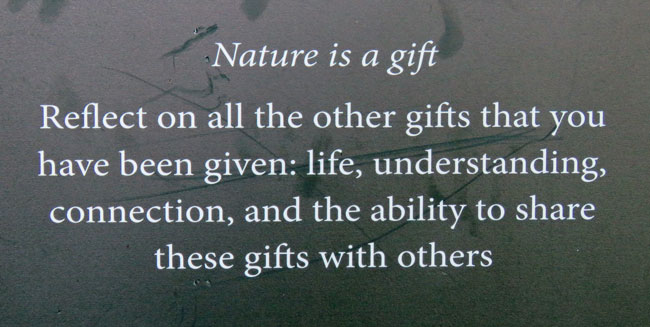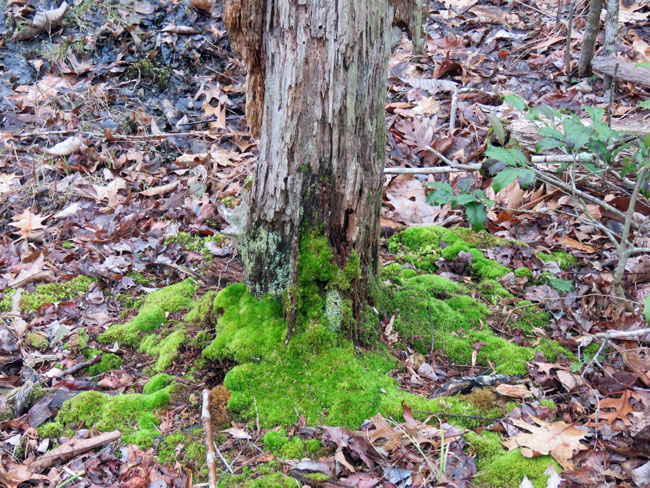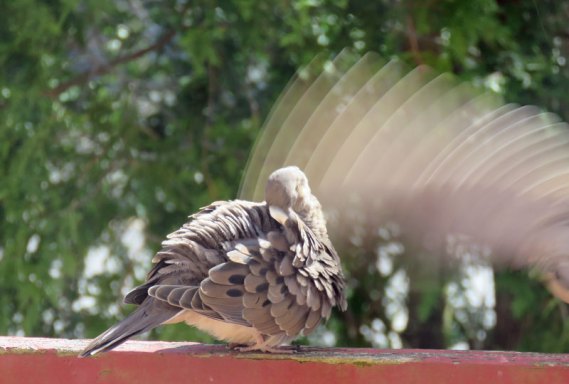
waning gibbous moon





We enjoyed a lovely long walk around the pond at the arboretum on Friday. I was in my sweatshirt and enjoying the fresh cool air. The trees are still green for the most part and we wondered what kind of fall color is in store for us in the wake of the drought. There were still some summer tints lingering side by side with hints of autumn hues.




Few men know how to take a walk. The qualifications of a professor are endurance, plain clothes, old shoes, an eye for nature, good humor, vast curiosity, good speech, good silence and nothing too much. If a man tells me that he has an intense love of nature, I know, of course, that he has none. Good observers have the manners of trees and animals, their patient good sense, and if they add words, ’tis only when words are better than silence.
~ Ralph Waldo Emerson
(The Later Lectures of Ralph Waldo Emerson: 1843-1871)

We also took a side path to the Glenn Dreyer Bog which was illuminated with spots of bright sunshine. The light near the equinoxes is amazing, as I often say.



The woods were full of gray catbird calls and we heard them rustling around in the tree branches. Occasionally we spotted one but they were diligently avoiding my camera. This was the summer of the catbird. Not only did we have one singing in our river birch outside our kitchen window, we saw them on almost every walk we took. Back in June, though, they were out in the open and more amenable to being photographed.





How much of beauty — of color, as well as form — on which our eyes daily rest goes unperceived by us!
~ Henry David Thoreau
(Journal, August 1, 1860)

Today the humidity is creeping back with higher temperatures but it shouldn’t last for too many days. We plan to go see an outdoor Ibsen play, Peer Gynt, in the park tonight and will bring blankets to keep warm. This was supposed to happen in June but covid got the theater group and they had to postpone. We got our new bivalent booster shots last week but still plan to exercise caution as we try to move forward.




































































































